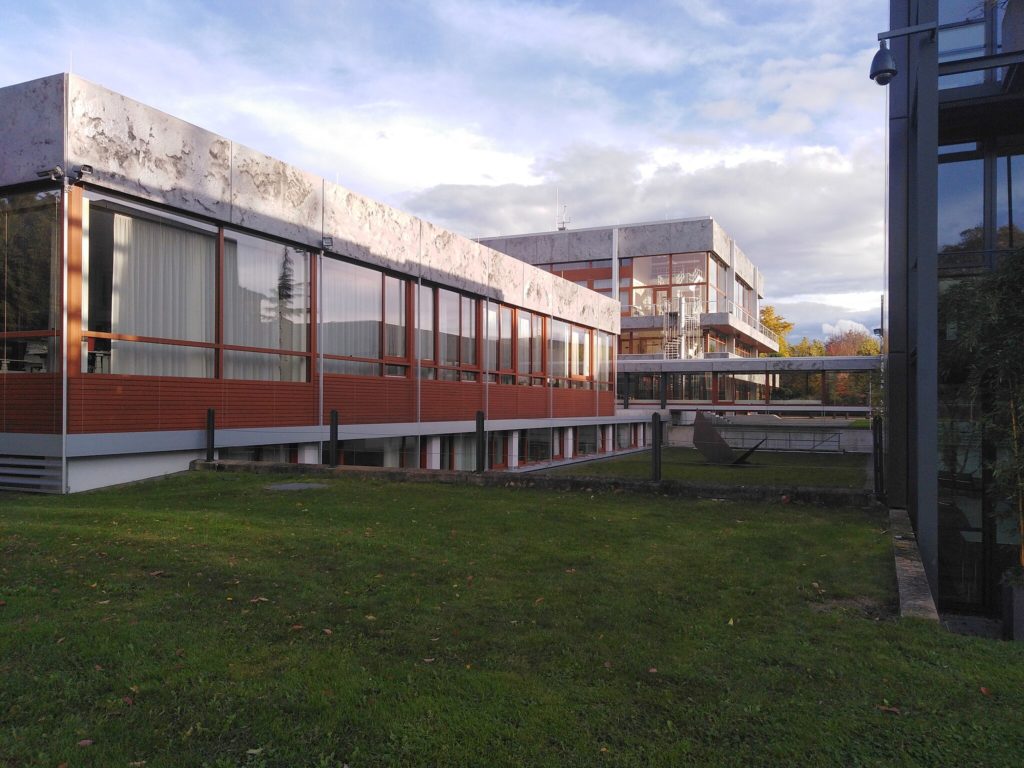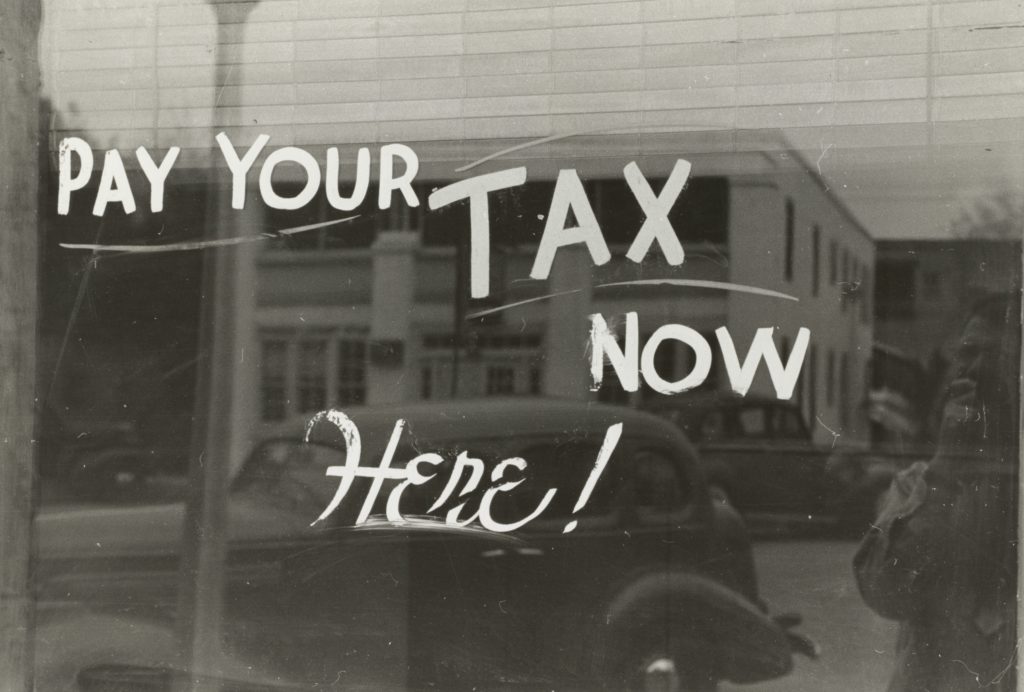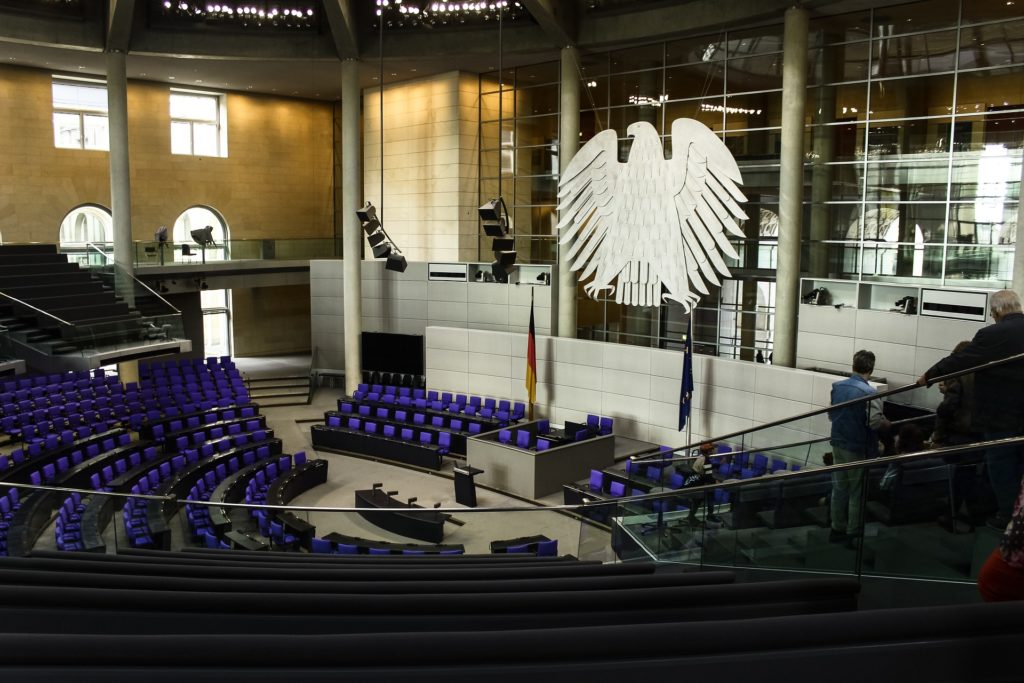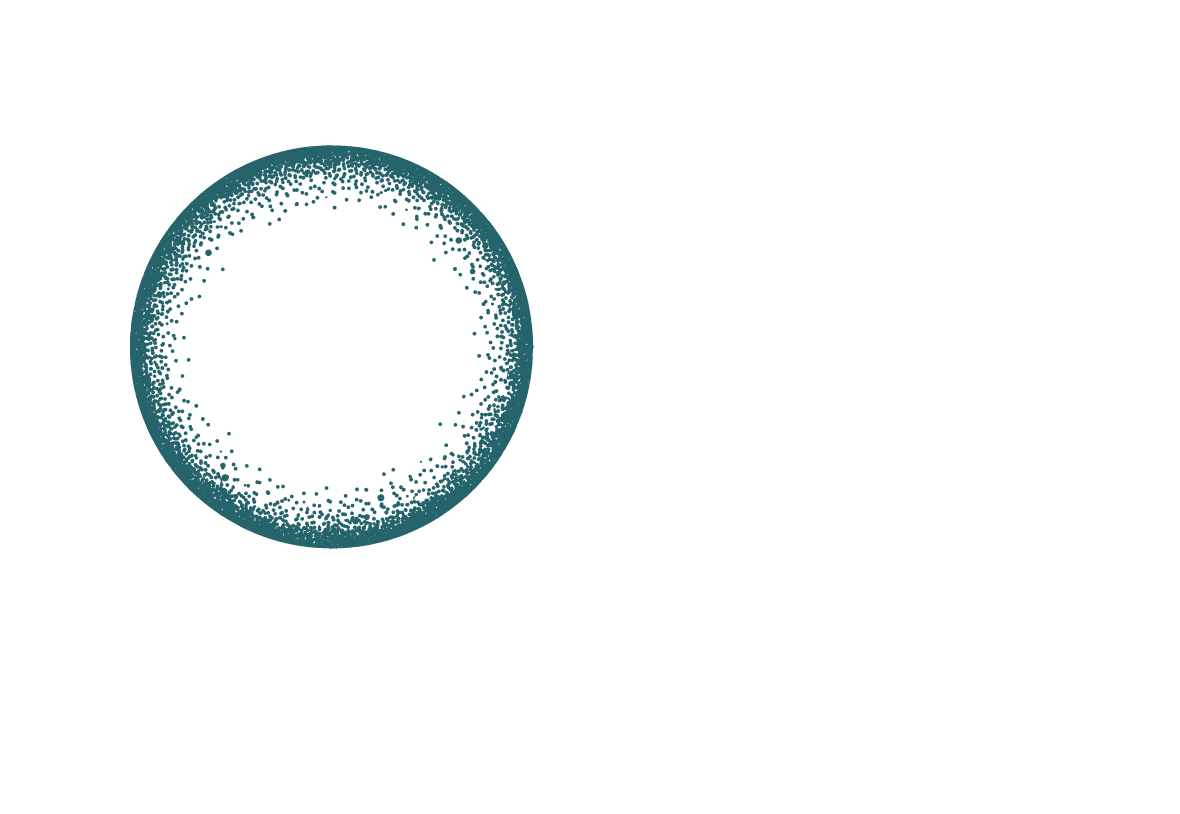
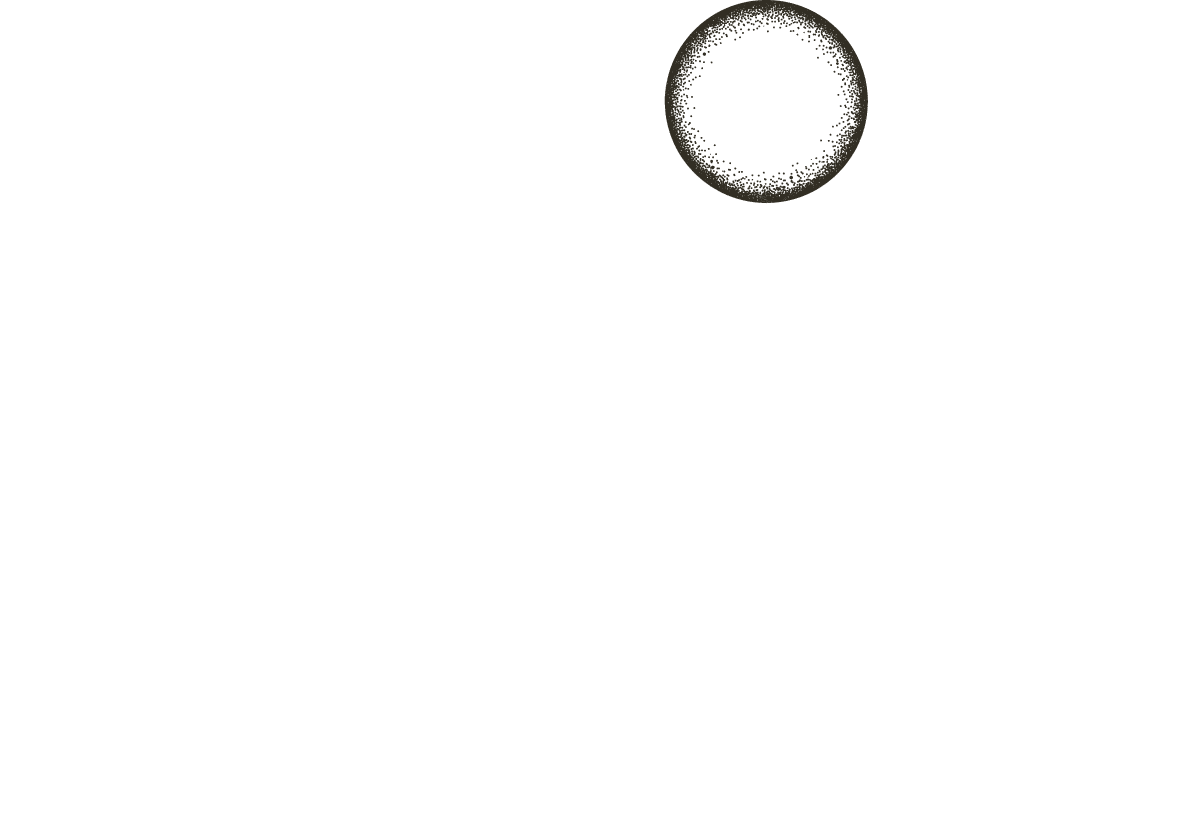





New Paradigm
NEW PARADIGM
After decades of overly naive market belief, we urgently need new answers to the great challenges of our time. More so, we need a whole new paradigm to guide us. We collect everything about the people and the community who are dealing with the question of a new paradigm and who analyze the historical and present impact of paradigms and narratives – whether in new contributions, performances, books and events.
LATEST NEWS
What to do about authoritarians and tech power – New Economy Talk with Aya Jaff and Thomas Fricke
Inheritance tax before the ruling—too much, too little, too unfair?
With Stefan Bach and Martyna Linartas
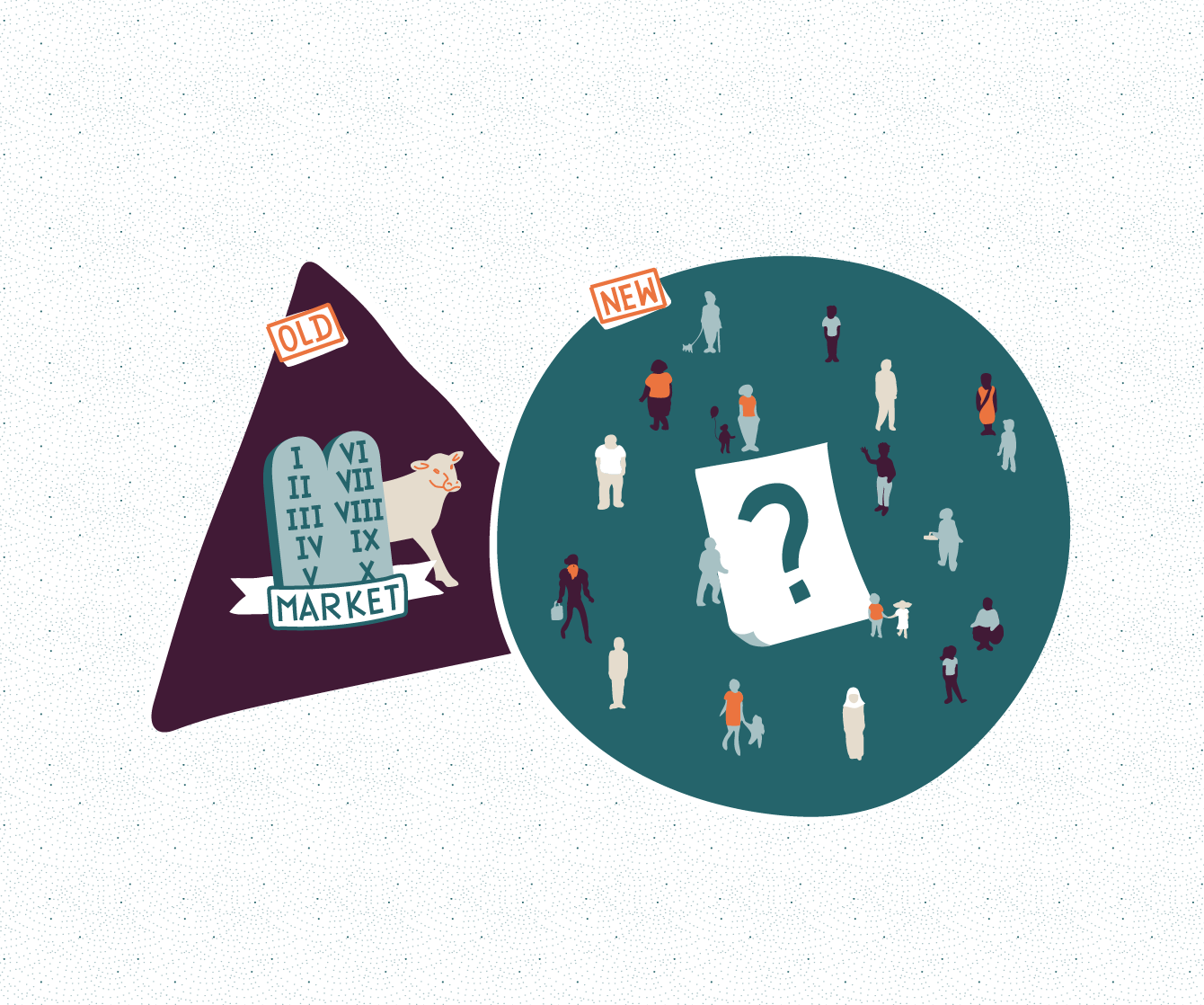
KNOWLEDGE BASE
NEW PARADIGM
The Crisis of a Former Paradigm
As a sign of a missing paradigm that holds societies together, liberal democracies today are facing their most serious crisis since World War II.
What Went Wrong
An ever-growing mountain of empirical evidence indicates that large parts of today’s crises are to be linked to the late effects and collapse of the market-liberal paradigm that has guided policymaking in most of the world since the 1970s.
New Economy in Progress
Since the critical financial crisis in 2008, the search for a new paradigm much more adequate than the former market-preference to rise to today’s challenges has accelerated. And, while a coherent new paradigm is not yet ready, a lot of new answers and actors have emerged.
New Paradigm Papers of the Month of April
Once a month the Forum New Economy is showcasing a handful of selected research papers that lead the way towards a new economic paradigm.
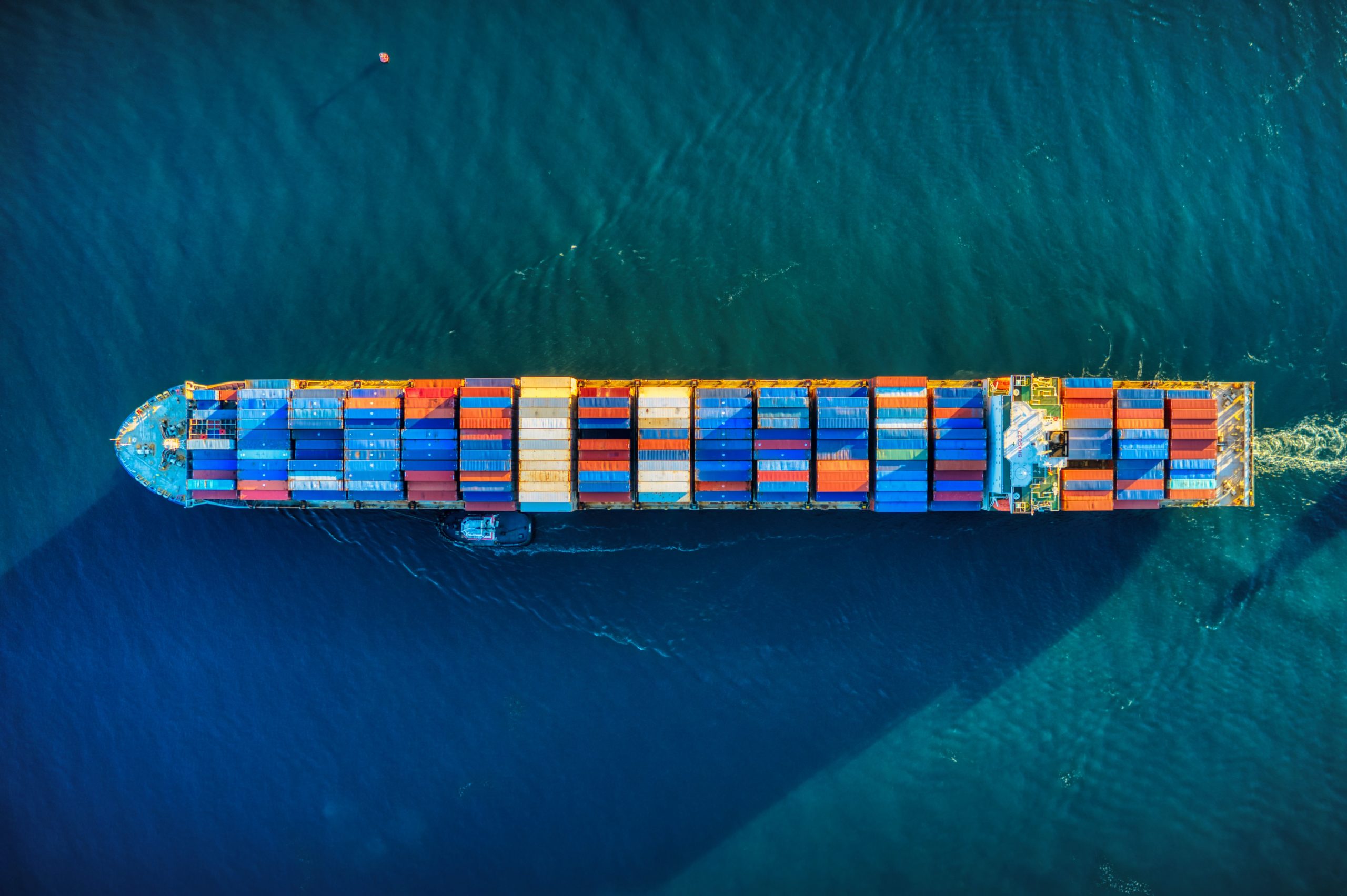
XII. New Paradigm Workshop - Resetting the Economy after the Crises
New Paradigm Papers of the Month of March
Once a month the Forum New Economy is showcasing a handful of selected research papers that lead the way towards a new economic paradigm.
Empathetic Liberalism Against Deadly Seriousness
Why are liberals in crisis?
The New Paradigm Papers of the Month of February
Once a month the Forum New Economy is showcasing a handful of selected research papers that lead the way towards a new economic paradigm.
Germany After the Crises
What does Germany look like after the current crises of the century? And what do we really need to learn from the turmoil?
Inflation as Distributional Conflict?
Where does inflation come from? On a simple question without a simple answer.
The New Paradigm Papers of the Month of January
Once a month the Forum New Economy is showcasing a handful of selected research papers that lead the way towards a new economic paradigm.
Looking Back on the Year and Forum Outlook for 2023
We take a look at what the past year has meant for us as a Forum and for all of us, and provide a glimpse into the exciting projects we are planning for 2023.
The New Paradigm Papers of the Month of December
Once a month the Forum New Economy is showcasing a handful of selected research papers that lead the way towards a new economic paradigm.
The End of the Bidenomics Saga and Brits in Retro Mode
If it had needed one more proof of how much governments are currently stuck between the old paradigm of the market-liberal era and something new: The Americans and the British are currently providing some illustrative material.
How the Market Liberal Paradigm Rose to Dominance — And Why It Crumbles
A new book by historian Gary Gerstle traces the forces that led to the rise and fall of the market liberal political order and outlines what this means for the politics of the moment.
Failed Bidenomics? From Thatcher and Reagan to Truss and Trump
Is it a coincidence that democratic functioning is so deeply disturbed in precisely those two countries that were celebrated forty years ago as economic liberal role models?


